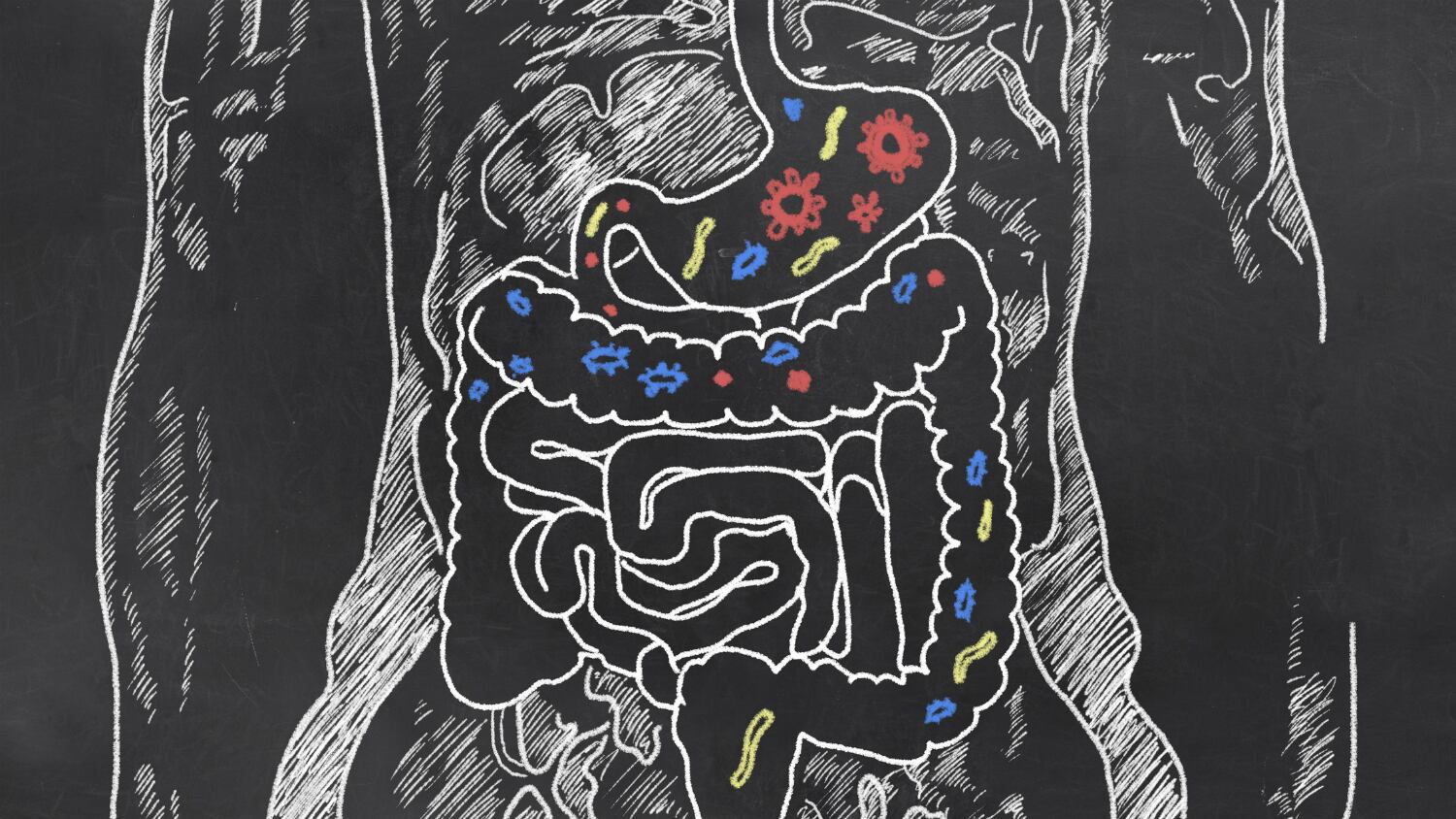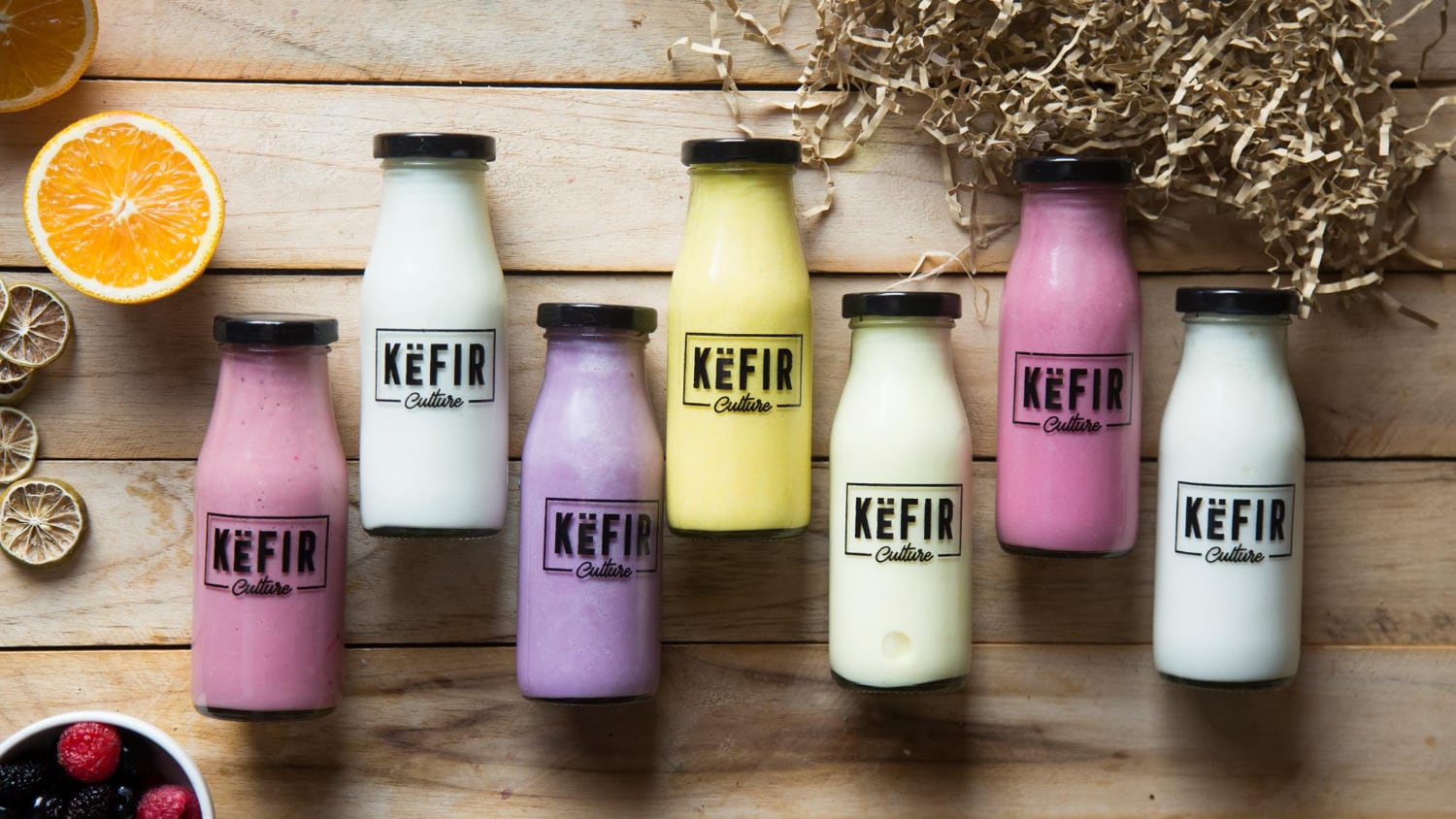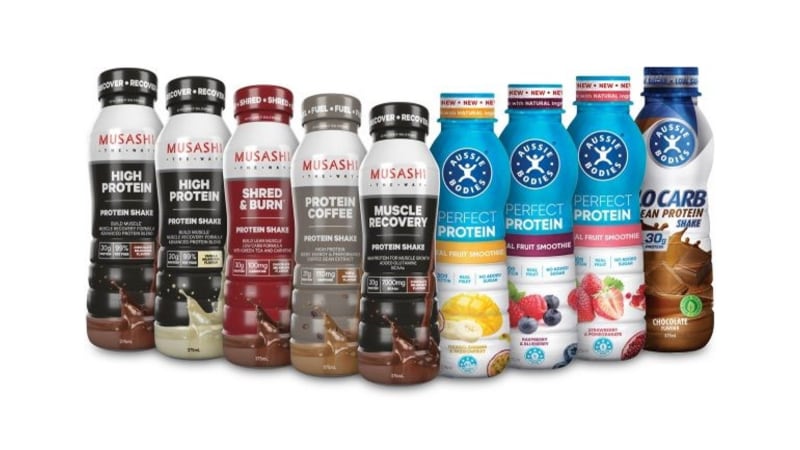Those were the findings from a study conducted by researchers at South Korea's Kyung Hee University, ChunLab, and Ildong Pharmaceutica.
The gut microbiota has been studied extensively of late to determine its role in health promotion, disease prevention and treatment, and exercise performance.
Athletes are typically advised to avoid dietary fibre and resistant starch in order to encourage gastric emptying and minimise the incidence of gastrointestinal distress during exercise.
The problem with protein?
However, according to the current study's authors, observing such a diet could also restrict microbial diversity and therefore, affect gastrointestinal health in athletes.
Based on this, the researchers sought to compare faecal microbiota characteristics among sedentary men, bodybuilders and distance runners. They also wanted to analyse the links between microbiota characteristics, body composition and nutritional status.
They recruited 15 bodybuilders aged 25 to 28, 15 elite distance runners aged 20 to 21, and 15 generally healthy individuals without regular exercise habits aged 26 to 28, all of whom were male.
The bodybuilders had a mean BMI was between 28.1kg/m2 and 30.7kg/m2, and the mean BMI of the elite distance runners was between 20.5kg/m2 and 21.3kg/m2. Among the sedentary men, this figure was between 25.9kg/m2 and 30.1kg/m2.
The researchers measured the participants' body composition, physical activity level and dietary intake, and extracted DNA from their faecal samples to be sequenced for the analysis of gut microbial diversity.
Subsequently, they reported that exercise type was linked with the athletes' diet patterns: the bodybuilders adhered to a high-protein, high-fat, low-carbohydrate and low-dietary fibre diet, while the distance runners to a low-carbohydrate and low-dietary fibre diet.
Despite this, the type of athlete did not differ with respect to the alpha and beta diversity of their gut microbiota.
The researchers wrote: "Athlete type was significantly associated with the relative abundance of gut microbiota at the genus and species level: Faecalibacterium, Sutterella, Clostridium, Haemophilus, and Eisenbergiella were the highest in bodybuilders, while Bifidobacterium and Parasutterella were the lowest.
"At the species level, intestinal beneficial bacteria widely used as probiotics (Bifidobacterium adolescentis, Bifidobacterium longum, and Lactobacillus sakei groups) and those producing SCFAs (Blautia wexlerae, Eubacterium hallii) were the lowest in the bodybuilders and the highest in the controls."
They added that resistance exercise or aerobic training amid the unbalanced consumption of macronutrients and a low intake of dietary fibre resulted in similar diversity of the gut microbiota.
More specifically, they wrote, daily protein intake was 'negatively correlated' with the distance runners' gut microbiota diversity.
Intake's impact on intestinal health
The researchers noted that dietary fibre and carbohydrates were the key nutrients for providing carbon and energy to intestinal microorganisms, with adequate intake of dietary fibre resulting in the increase of gut microbiota diversity.
As such, the insufficient intake of carbohydrates and dietary fibre in athletes "seems to counteract the benefits of exercise and a high-protein diet that tends to increase gut microbiota diversity".
In conclusion, the researchers wrote: "Taken together, our results suggest that high-protein diets may have a negative impact on gut microbiota diversity for athletes in endurance sports who consume low carbohydrates and low dietary fibre, while athletes in resistance sports that carry out the high-protein, low-carbohydrate and high-fat diet demonstrate a decrease in SCFA-producing commensal bacteria.
"Additional studies should be conducted to determine the effects of external stimuli on the gut microbiota characteristics, exercise performance, and physical condition in athletes."
Source: Journal of the International Society of Sports Nutrition
https://doi.org/10.1186/s12970-019-0290-y
"The combination of sport and sport-specific diet is associated with characteristics of gut microbiota: an observational study"
Authors: Lae-Guen Jang, et al.



